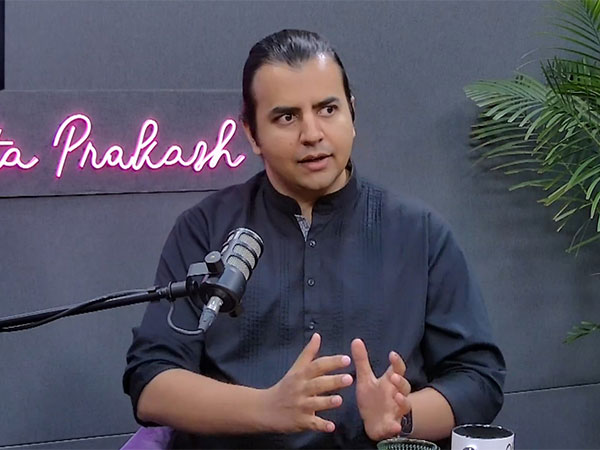Bhavish Aggarwal Highlights 'Techno-Colonialism': India's Data Exploited by Global Giants
Ola CEO Bhavish Aggarwal terms the global data repurposing as 'techno-colonialism'. He argues that India's data is exported, processed abroad, and sold back, likening it to historical resource exploitation. Solutions include building local tech infrastructure and fostering Indian digital public infrastructure.

- Country:
- India
Ola's founder and CEO, Bhavish Aggarwal, has introduced the term 'techno-colonialism' to describe the modern practice of exporting India's data to global data centers, where it is processed and then sold back to India. In an interview with ANI, Aggarwal compared this process to the historical exploitation by the British East India Company, pointing out that although India generates a substantial portion of the world's data, most benefits are reaped by foreign tech companies.
'Only one-tenth of that data is stored in India. Ninety percent is exported to global data centers, primarily owned by big tech companies. It is processed into AI, brought back into India, and sold to us in dollars. This mirrors what happened 200 years ago with the East India Company,' Aggarwal argued. He highlighted how cotton was once exported from India and clothes were imported. Now, it's data and intelligence being exchanged.
A recent instance with ANI illustrated this point when one of its stories was repurposed abroad and then served back to Indian subscribers without proper attribution. Aggarwal suggested collaborating more with Indian publishers instead of relying on global tech giants. 'These are not legal battles but technology battles. We must build technology based on our value systems.'
Aggarwal emphasized India's progress with AI, noting that the country produces 20% of the world's digital data, reflective of its large, young population. 'Data is what drives intelligence in AI, and being the largest population, our data generation is significant. We should therefore own and manage this data,' he asserted.
He stressed the need for data creators to own their intellectual property and encouraged sharing data in a way that preserves privacy. 'India can utilize its vast data pool to create unparalleled intelligence,' he remarked, adding that proper attribution is crucial.
'To establish this new paradigm, Indian society must unite. Companies like Krutrim are essential to this mission, promoting the philosophy through media, bureaucrats, and other stakeholders. For India to succeed, investments and government incentives are needed for at least a decade or two,' he said. Krutrim, Aggarwal's initiative, aims to generate culturally relevant content across 22 Indian languages and contexts. It has been available in beta since February 2024.
Krutrim's capabilities include language switching and discussing topics like Indian poetry, Bollywood, and culinary recipes, showcasing its potential. Aggarwal, who co-founded Ola Cabs in 2011, was named among Time magazine's 100 Most Influential People in 2018. He holds a Bachelor's Degree in Computer Science and Engineering from IIT Bombay.
(With inputs from agencies.)










